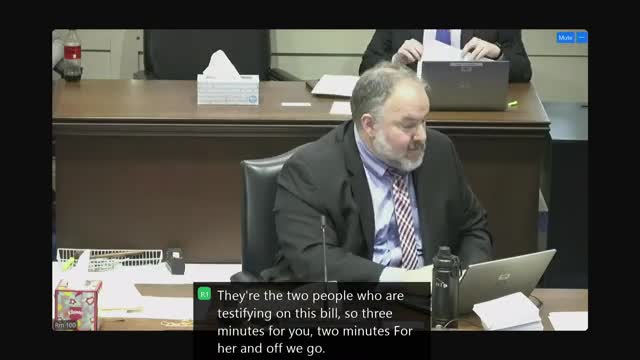Article not found
This article is no longer available. But don't worry—we've gathered other articles that discuss the same topic.
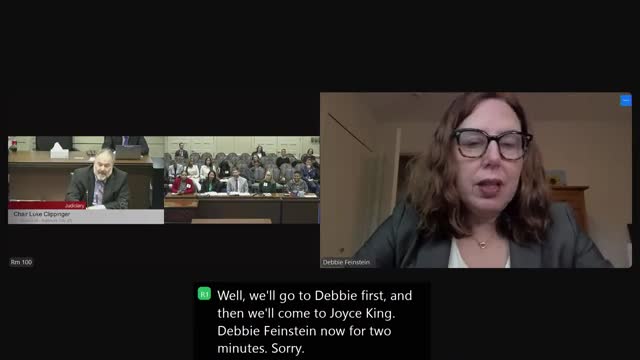
Committee hears bill to let children testify outside sight of alleged abuser; public defenders urge caution
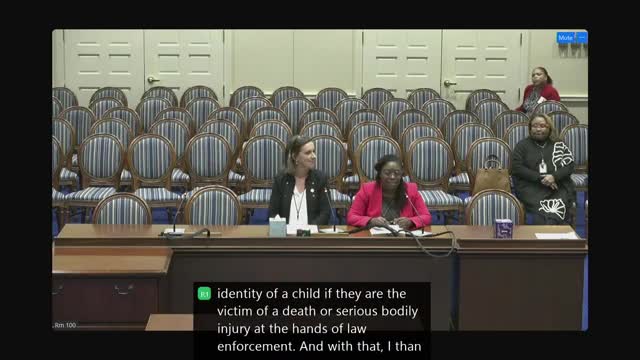
Attorney General unit seeks narrow authority to confirm juvenile victim identity with parental consent; defenders oppose immediate disclosure
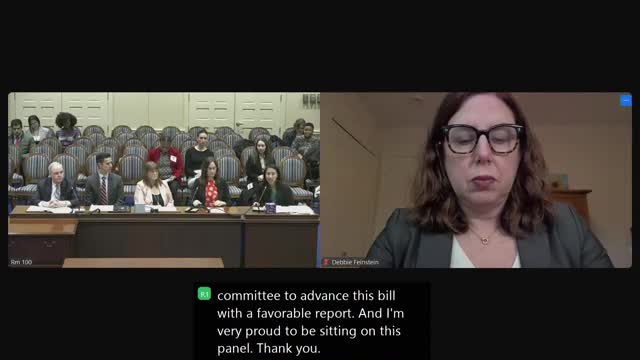
Committee considers adding forensic interviewers to list who can report child out‑of‑court statements; proponents cite accreditation, defenders warn of gaps
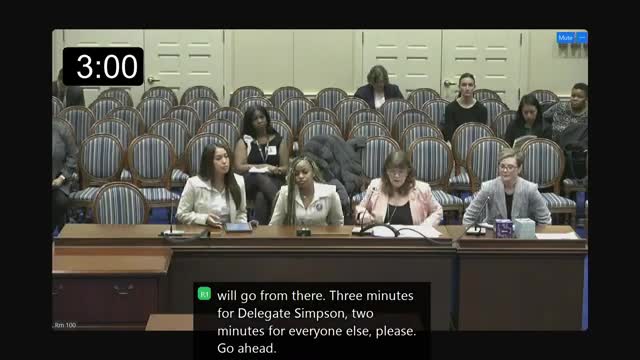
Advocates press bill to let trafficked minors sentenced as adults seek juvenile sentencing; domestic‑violence groups raise concerns
